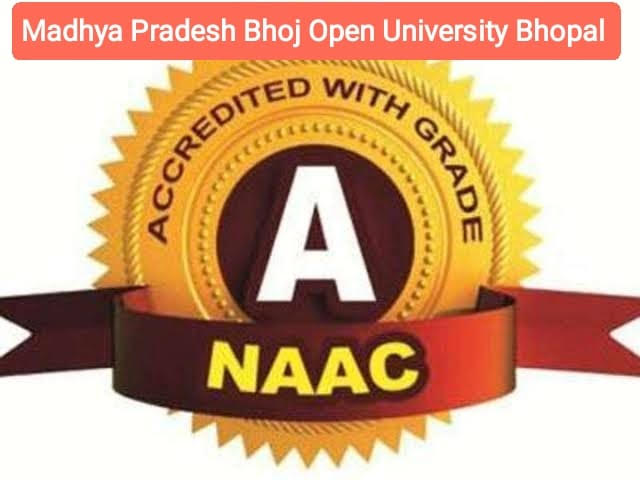CIQA
Roll & Functions
CIQA has played a role in improving the evaluation system by proposing the placement of CCTVs for enhanced security and suggesting a centralized system for paper assessment. The center has also fostered an intellectually charged environment through lecture series, IT-based teaching and learning, and various student and staff support initiatives.
MPBOU encourages research, consultancy, and extension activities, with dedicated committees and financial support for faculty. The university also emphasizes collaboration with national and foreign institutions. CIQA has contributed to interaction with industry through the involvement of external members in various university committees, promoting ICT usage, vocational curricula, and administrative improvements.
CIQA has formulated various university policies, including an Environmental Policy, Performance Appraisal Policy, Women Empowerment Policy, OER Policy, and Research Policy. The center has also developed a new Vision, Mission, and Values statement for the university.
CIQA has been actively involved in implementing initiatives such as IT-enabled teaching and learning, industry linkages, and the introduction of online resources and virtual classrooms.
CIQA has taken steps to promote environmental consciousness and sustainability, such as developing a medicinal and herbal garden, organizing environmental awareness programs, and implementing paperless governance. The center has also focused on energy conservation, biodiversity enhancement, and rainwater harvesting.
Overall, CIQA's efforts have significantly contributed to MPBOU's pursuit of quality education, accreditation, and sustainable practices.
TASK OF CIQA
- System Development: Creating a well-structured system that facilitates continuous improvement in the institution's performance.
- Consistent Enhancement: Ensuring that efforts to enhance quality are ongoing and sustained over time.
- Post-Accreditation Focus: After the accreditation process, directing attention towards further enhancing institutional performance.
- Holistic Academic Excellence: Aiming for overall excellence in all academic and non-academic aspects, fostering a well-rounded learning environment.
- Collaborative Efforts: Encouraging the participation and collaboration of all stakeholders, including faculty, staff, students, and external experts.
- Continuous Monitoring: Regularly assessing and monitoring various parameters of the institution's performance to identify areas for improvement.
- Best Practices Sharing: Promoting the exchange of best practices within the institution and with other peer institutions.
- Capacity Building: Supporting faculty and staff development to enhance their skills and knowledge by organising capacity building and skill enhancement programmes.
- Quality Assurance Framework: Establishing a framework to ensure that academic and administrative processes adhere to quality standards.
- Outcome-Based Approach: Emphasizing the importance of achieving desired outcomes and learning objectives.
- Performance Reviews: Conducting periodic reviews to evaluate the progress of improvement initiatives.
- Feedback Incorporation: Integrating feedback from various stakeholders to make informed decisions and improvements.
- Institutional Effectiveness: Striving to enhance the overall effectiveness and impact of the institution on its stakeholders and society.


